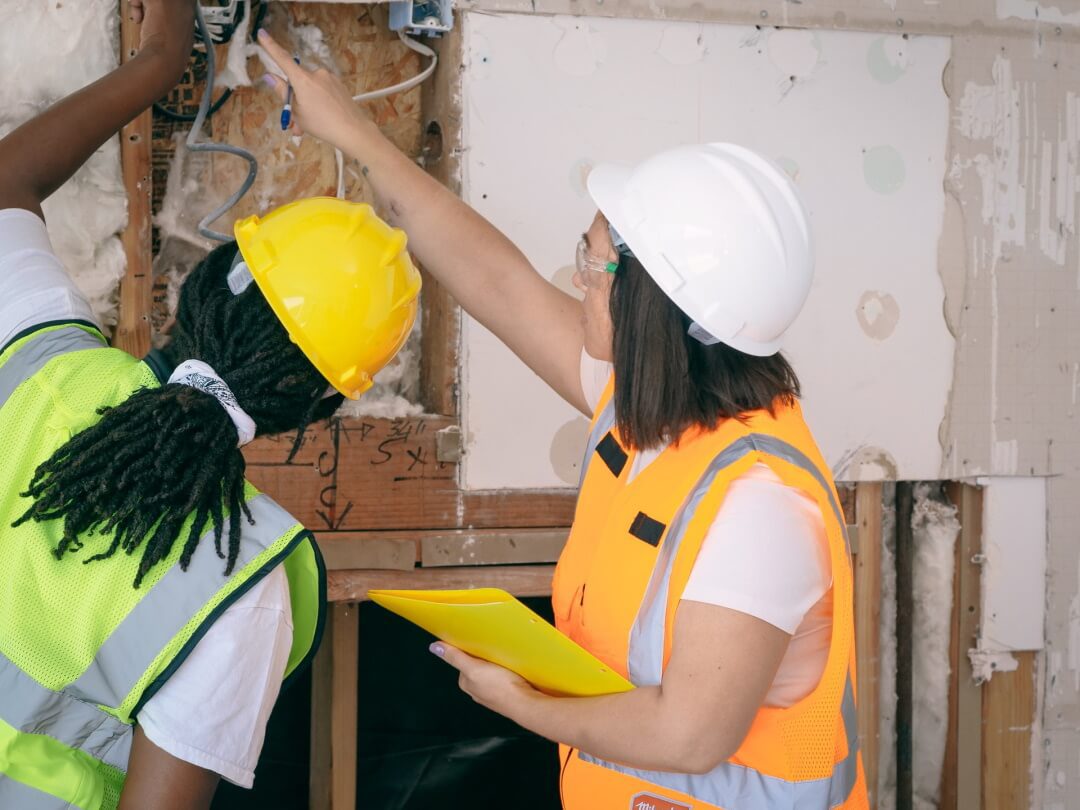The Top 9 Contingencies to Consider in Your Offer When Buying a Home
- Published on October 20, 2022
- by Mekaila Oaks
[ez-toc]
If you’re a first-time homebuyer, buying a home is an exciting time in your life — not to mention a little anxiety-inducing. But after touring dozens of homes and finally finding “the house,” you’re ready to make an offer. Before you do, take time to consider all the potential risks and home-buying contingencies that will help protect you as a buyer. Such as being able to back out of your offer if a significant repair issue is discovered, like a crack in the foundation or leaking roof. Though you can technically add any contingency you want to an offer, here are the 9 most common homebuying contingencies to consider. Top 9 Contingencies to consider in your offer when buying a home.

1) Home inspection contingency
As the buyer, you should always order a home inspection. A trained and certified home inspector will look for issues with the structure and home systems (like plumbing, electrical, and HVAC) that may not be obvious to the buyer. When you purchase a house that ends up in need of a major repair, you could take a significant financial hit. The inspection contingency can protect you from purchasing a poor property investment because it allows you to back out of the deal if a major issue is discovered.
Pro tip: TnL Home Inspections shares, “A professional home inspection is an important step in buying or selling a home because it allows the client to negotiate the sale price, repairs, or move on to another property.”
2) Appraisal contingency
An appraisal contingency protects lenders more so than the homebuyer and is almost always required by your lending institution if you’re taking out a home loan. It confirms to your lender that the home is worth the price you’re paying for it, and if you default on your loan they will be able to recoup their expenses by selling the house.
A favorable home appraisal, however, may offer you peace of mind, knowing that you are buying a home with instant equity because the value is more significant than your purchase offer. With an appraisal contingency in place, you can also back out of the purchase of the home if its appraised value isn’t as high as its listing price.
3) Financing contingency
A financing contingency is a clause in your offer that allows you to back out if you cannot secure a mortgage to buy the home. The financing contingency protects both the bank and the homebuyer. It gives the bank the opportunity to verify your financial history, income levels, and what you can actually afford, while also allowing you to walk away from an offer you can’t afford it.
Pro tip: Connecticut Real Estate Closing Attorneys explains “that a financing contingency protects the buyer if they are not approved for a loan or the interest rates increase between the time of the contract and the time of closing. The downside to a seller is that mortgage contingency is a few weeks into the closing process, and the seller could lose their buyer, and the closing could fall apart.”
4) Home sale contingency
This contingency is common for buyers who need the equity from the sale of their current home to purchase the next one, usually going toward the down payment and closing costs. Even if you have funds available for a downpayment, not every homebuyer can afford to pay two mortgages while waiting to sell their current home. This gives buyers the option to back out of the deal if they cannot sell their current home by a specified date.

5) Clear title contingency
The property title shows ownership and any mortgages against the house. In every real estate transaction, the title company runs a title report on the property to ensure no contractor liens or judgments are outstanding against the property. If the report finds liens or judgments, the buyer can require the seller to satisfy them before the closing date. If these items are not cleared before closing, this contingency allows the buyer to walk away from the deal.
Pro tip: “Check with your County Recorder to see if they automatically send copies of any documents recorded against your property. Most counties do this to prevent fraud. Some companies sell “Title Lock” services, but they are unnecessary,” recommends The Law Offices of R. Grace Rodriguez. “These companies will only send you a notice if something is recorded on your property. Save yourself the money and check with your county to see if they already do this.”
6) Kick-out contingency
The kick-out contingency benefits the seller by allowing them to continue marketing their house even if the house is under another contingent contract. For example, if a home seller accepted an offer from a buyer that has a home sale contingency, the kick-out contingency would allow the seller to accept another offer and kick out the previous buyer’s offer. This way the home seller does not have to wait around for someone else’s house to sell before theirs can be sold. Usually, the homebuyer with the initial offer gets a specified amount of time – roughly a few days – to either remove their home sale contingency and move forward with the purchase or choose to walk away.
Pro tip: Vero Mortgage says, “Usually, when we make a contingent contract, and we do a concurrent close, it helps to have the same lender on both ends and the same title and escrow companies.”
7) Home insurance contingency
As a requirement for financing, lenders require homebuyers to start a home insurance policy before the final loan is approved. This covers the house if something happens after the seller moves out, but before the buyer moves in. This contingency protects the lender and allows them to recover the mortgage amount. If the buyer can’t get insurance on the property, either party can walk away from the purchase.

8) Homeowners association (HOA) contingency
The HOA contingency applies to homes or condos under a homeowner association’s supervision. It gives the buyers the right and time to review any HOA agreements and documentation applicable to them as the home’s new owners. If they don’t receive the documentation in time or don’t agree with HOA obligations or restrictions, this contingency can help them get out of the deal. So, if you’re moving to an area like Miami, FL where most condos are a part of an HOA, this would be a contingency worth considering.
9) Move-in early contingency
This contingency allows a buyer to move into a property before final closing – if the seller agrees. If a buyer moves in early, it’s harder to walk away from the deal if other contingencies are not satisfied. If the deal falls through, the seller can evict the buyer. Most real estate agents will advise the seller not to accept an offer with an early move-in contingency.
As a reminder, Real Consultants Mortgage says, “All contracts in real estate are contingency contracts. Contingencies protect buyers and sellers in Real Estate contracts to make sure before a deal closes, all contingencies are met based on the contract.”
Contingencies provide useful protection to both homebuyers and sellers. The buyer’s contingencies protect them from various unknowns about the house itself and the actual purchase transaction. While sellers may view them as potential obstacles, they create an escape hatch if the buyer runs into difficulties selling their current house or obtaining financing. As you prepare your offer, be sure to ask your real estate agent for advice about which contingencies are best for your situation and the current housing market.

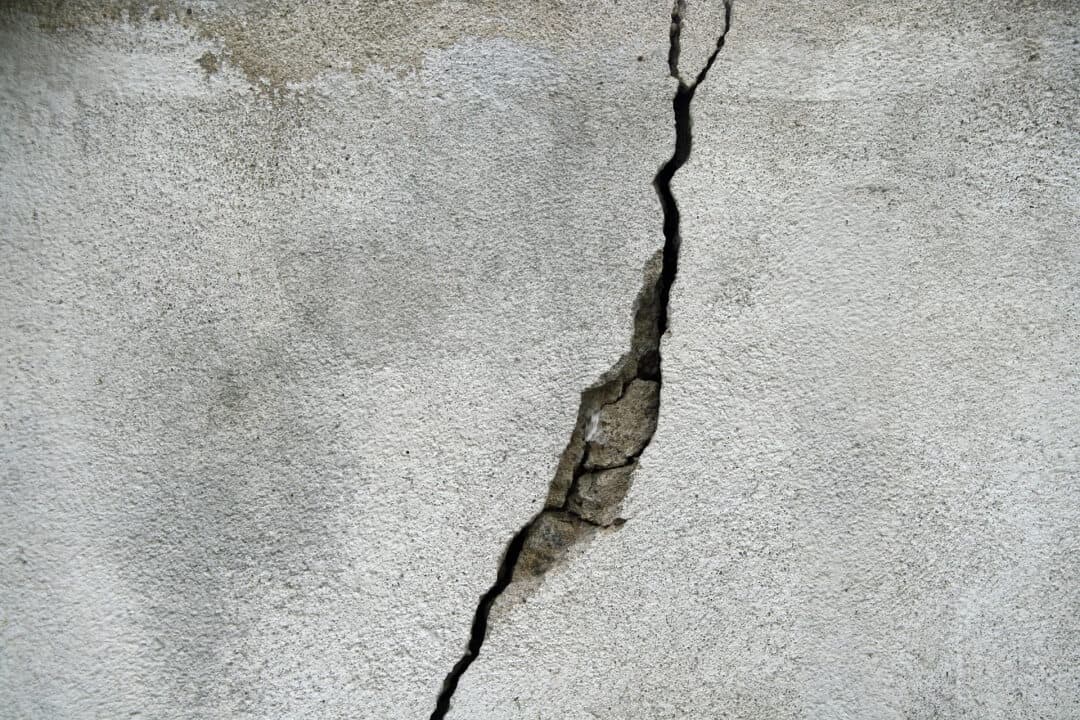
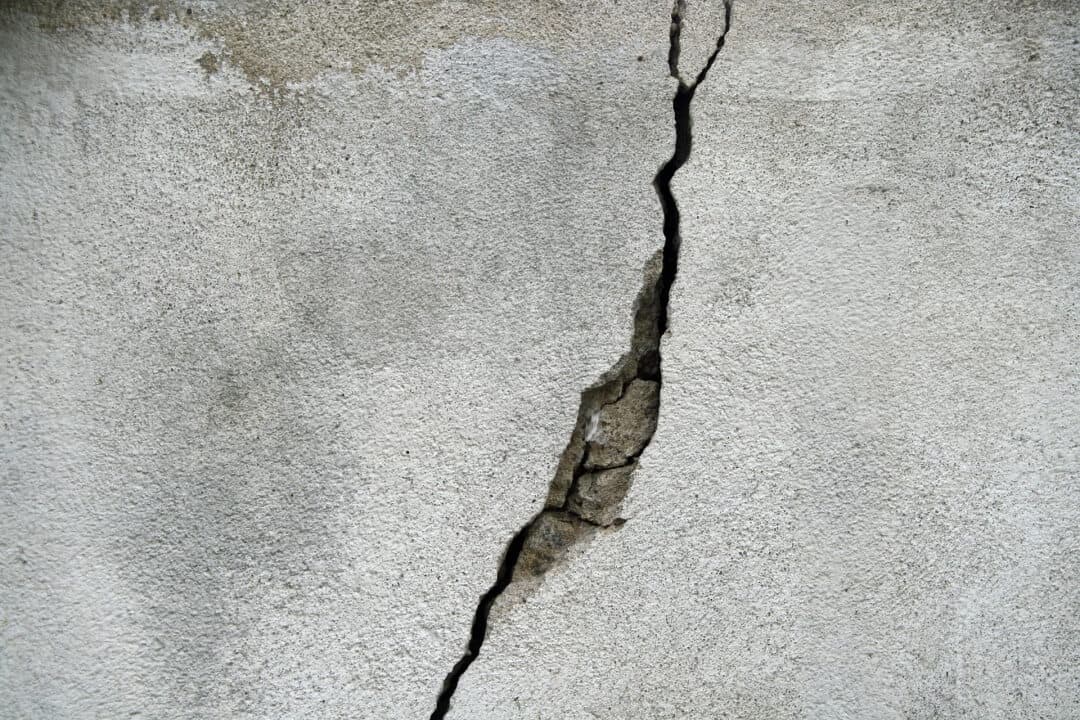

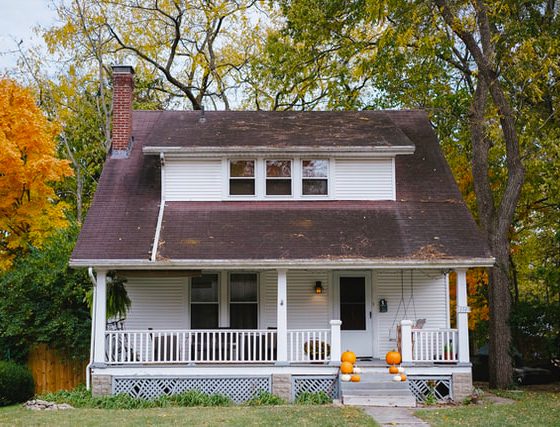 Coming back to the main question of what you can do in case the home inspector has left off
Coming back to the main question of what you can do in case the home inspector has left off 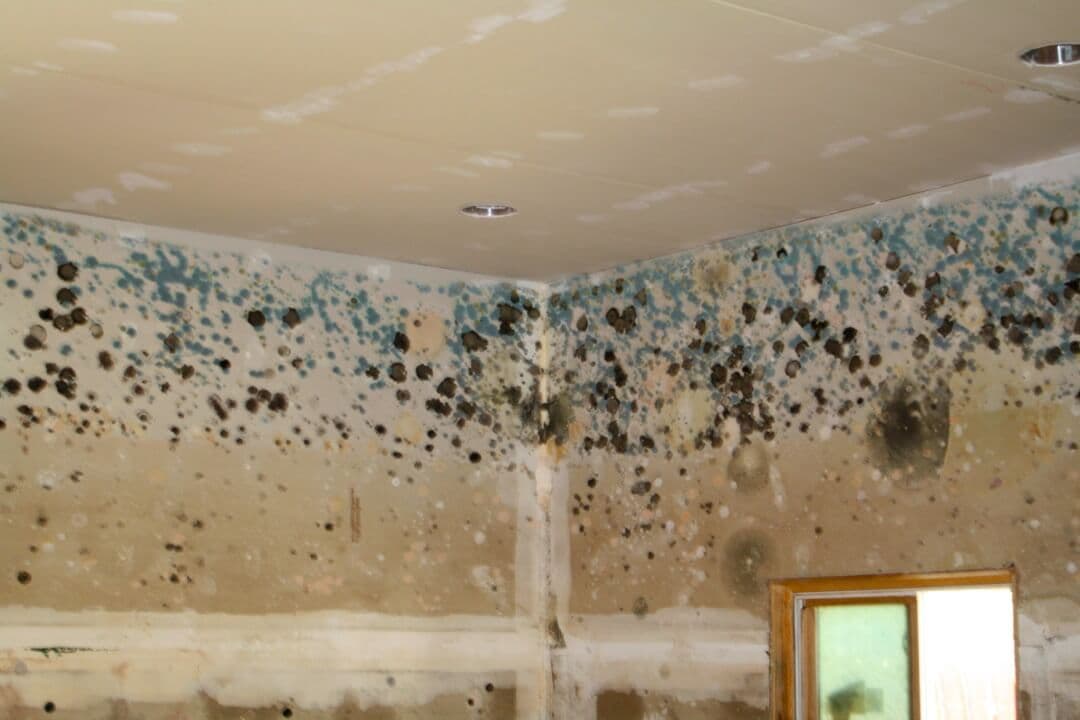


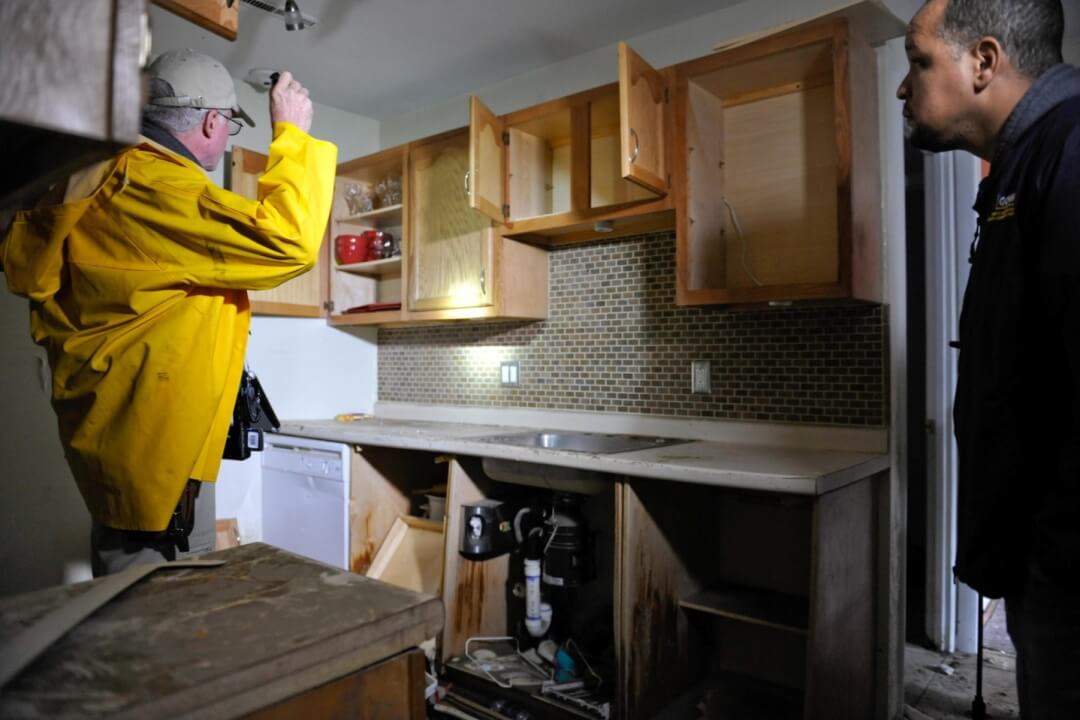

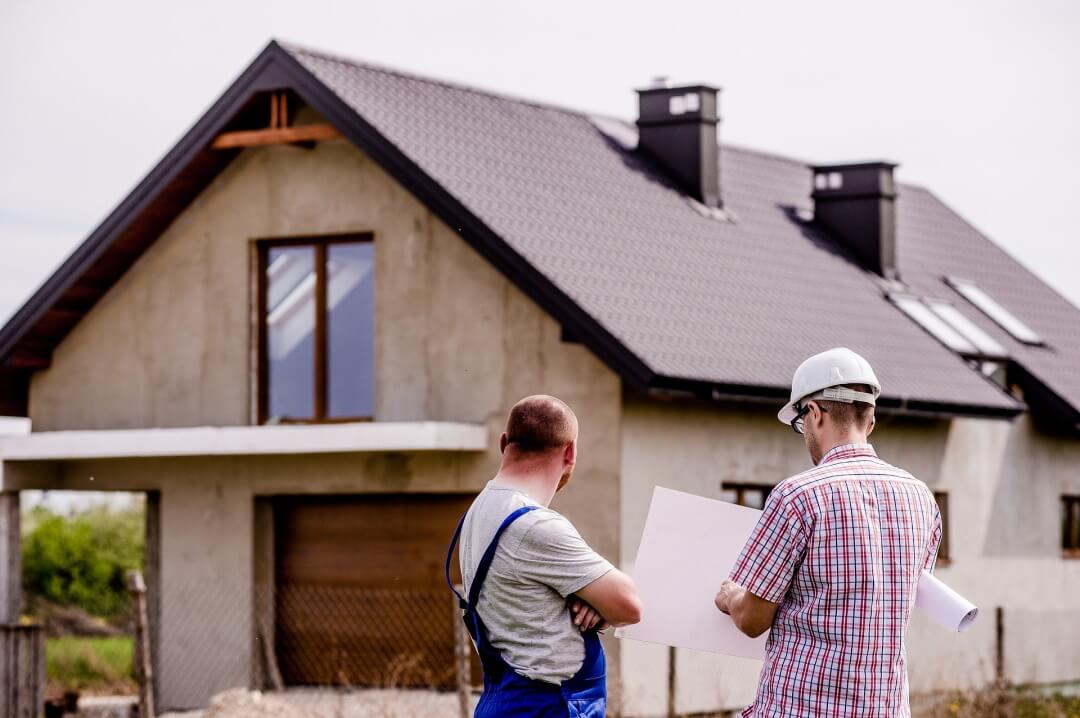
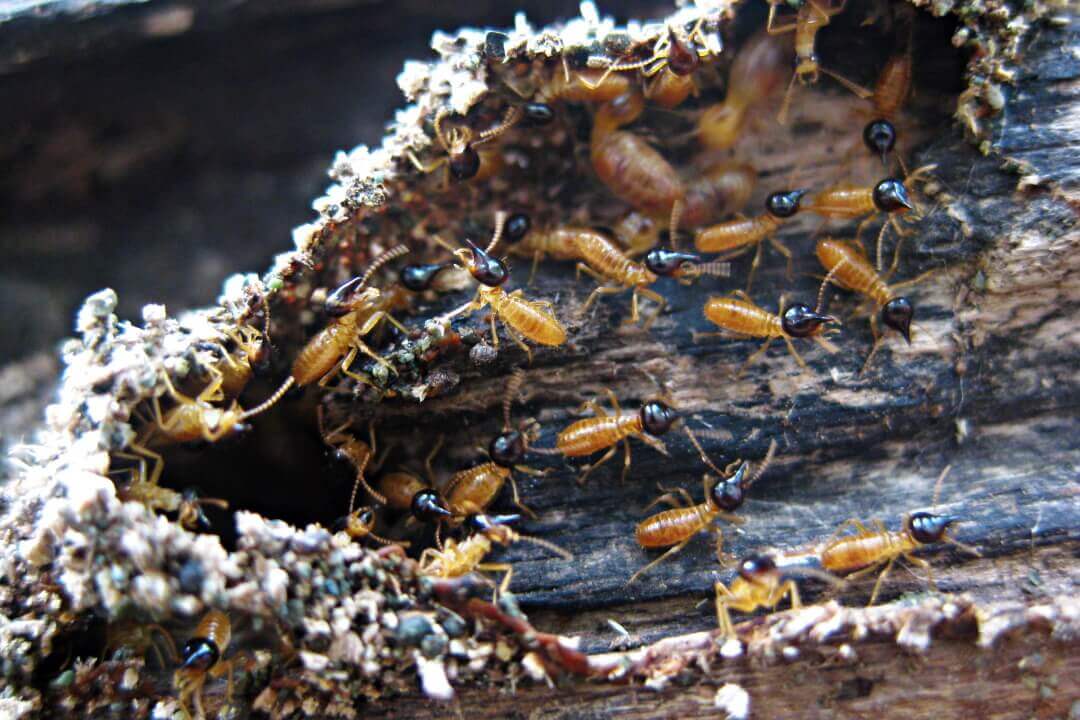
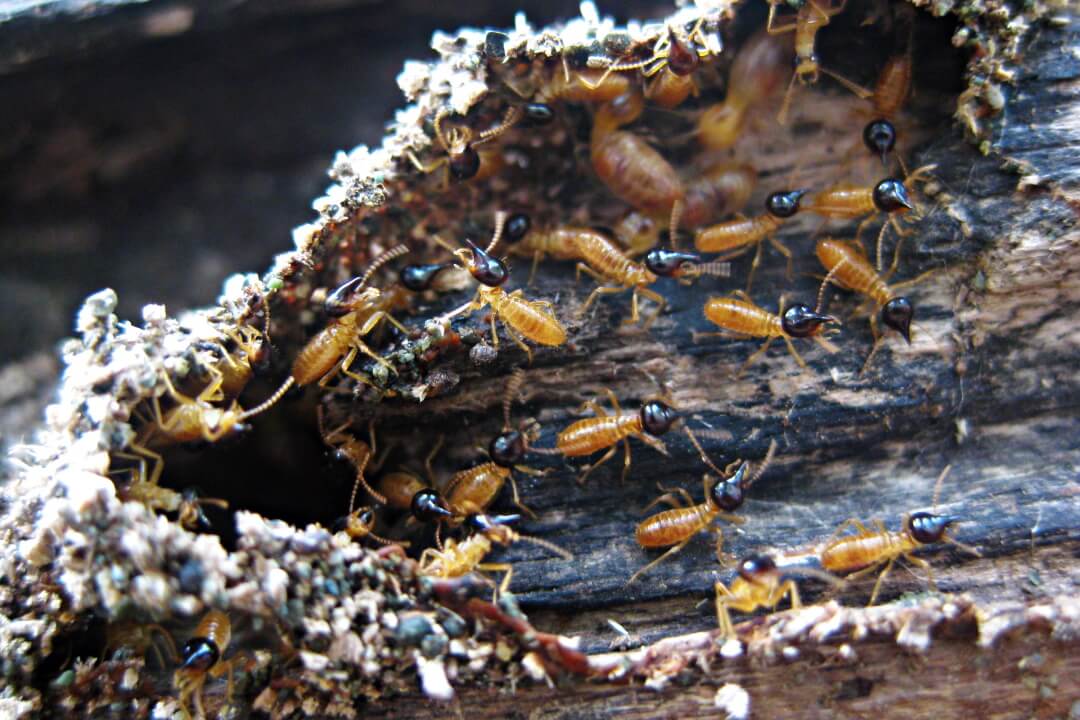
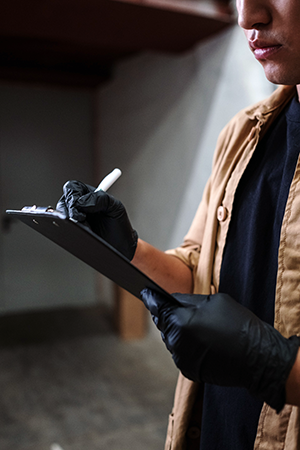 If you wish to assess how long it will take to complete your house’s termite inspection, pay attention to the experience, skills, and knowledge of the professionals you hire.
If you wish to assess how long it will take to complete your house’s termite inspection, pay attention to the experience, skills, and knowledge of the professionals you hire.